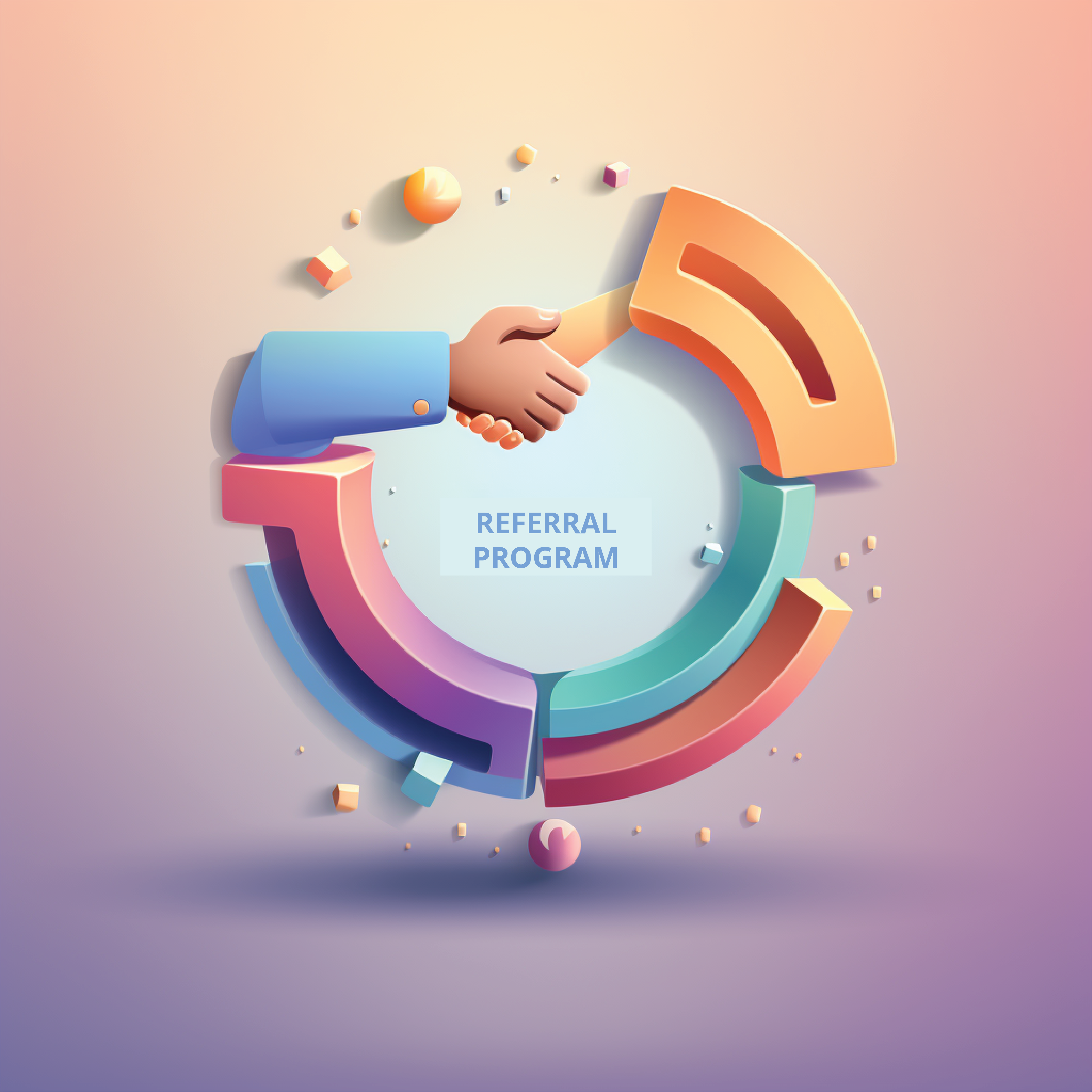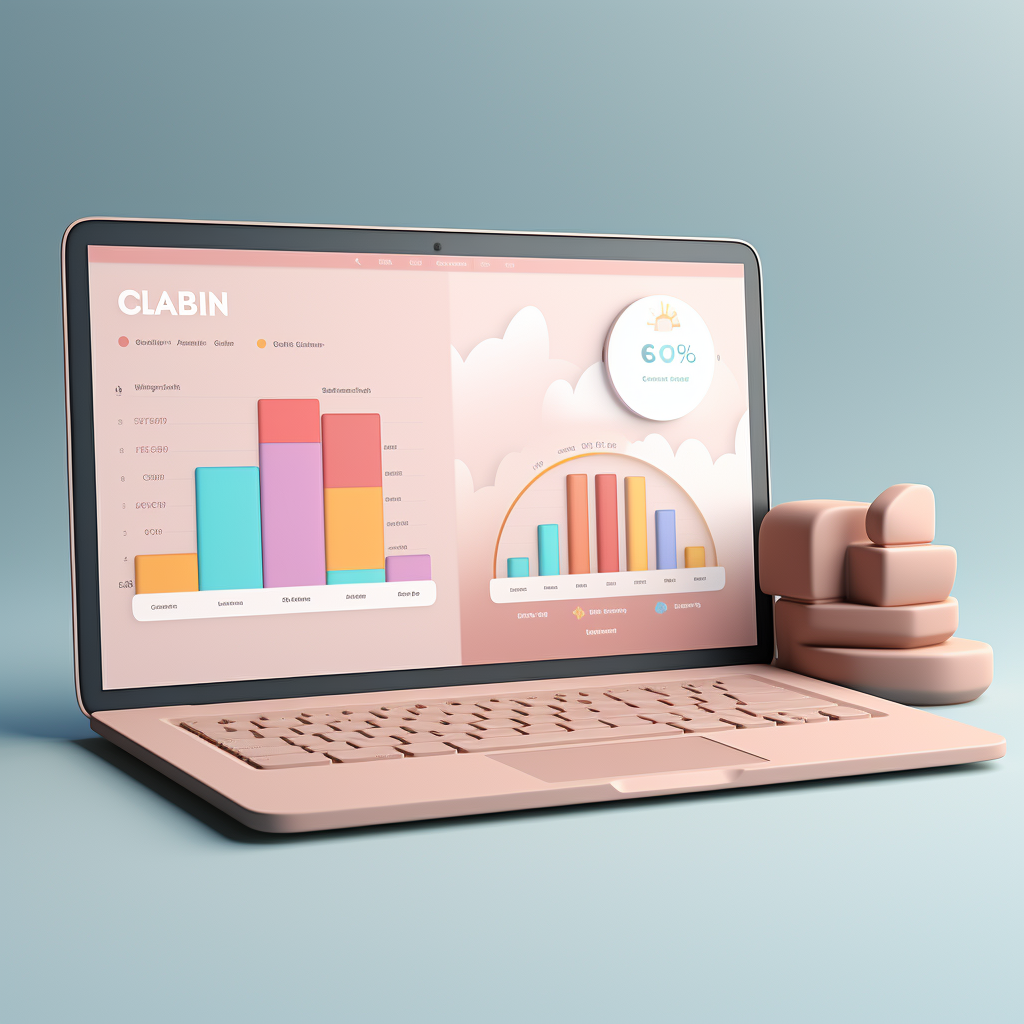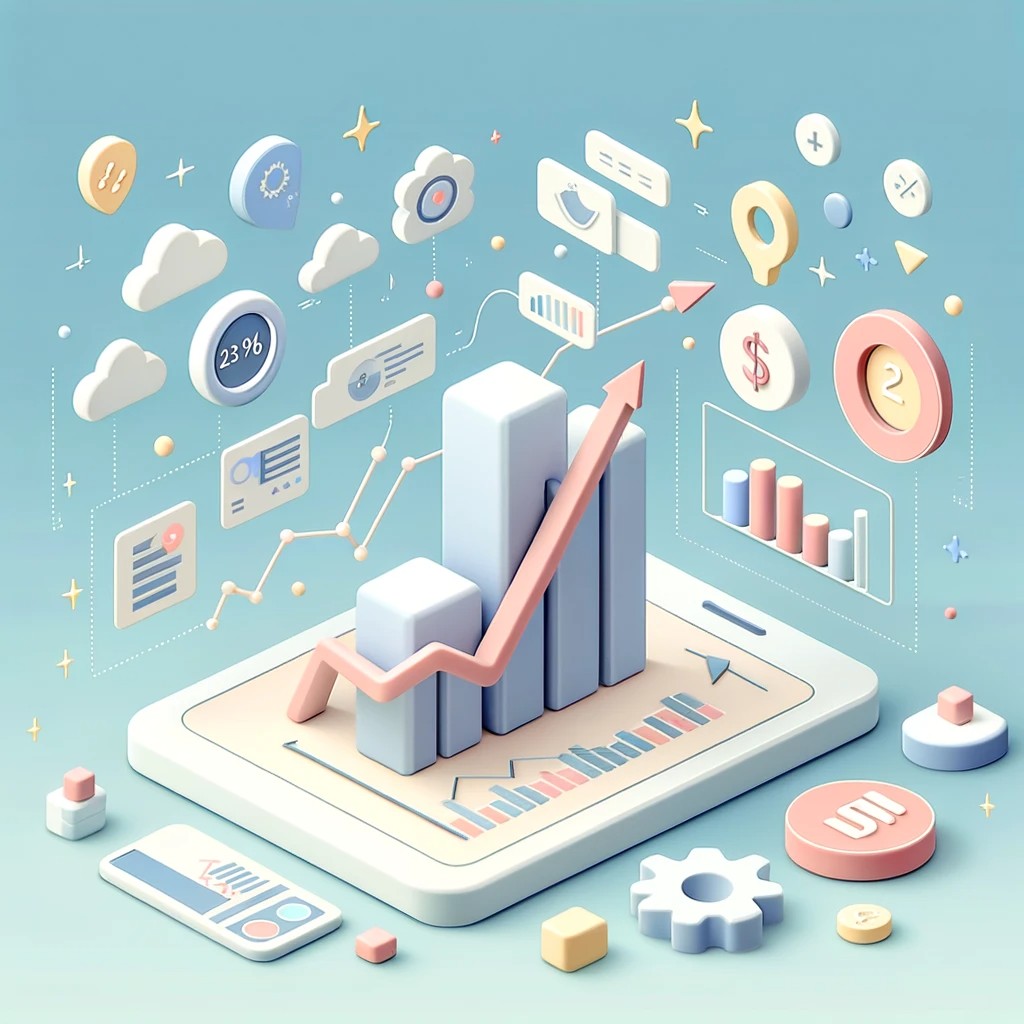
The Future of AI in B2B SaaS: Trends and Predictions
In the rapidly evolving world of business-to-business (B2B) Software as a Service (SaaS), Artificial Intelligence (AI) is not just a futuristic concept; it’s a pivotal force driving innovation and efficiency. As we look ahead, AI’s role in transforming B2B SaaS platforms, along with marketplaces and payment processors, is set to accelerate, bringing about significant changes in the way businesses operate in the United States. Let's delve into the trends and predictions shaping the future of AI in this sector.
1. Enhanced Personalization and Customer Experience
AI’s ability to analyze vast amounts of data in real-time will lead to unprecedented personalization in B2B SaaS platforms. This personalization will extend beyond product recommendations to encompass customized user interfaces, tailored workflows, and predictive support services. For marketplaces and payment processors, this means offering more personalized transaction experiences and bespoke financial solutions, ultimately enhancing customer satisfaction and loyalty.
AI Personalization Engines: Tools like Dynamic Yield and RichRelevance offer sophisticated AI-driven personalization, enabling B2B SaaS platforms to customize user experiences based on behavior and preferences. This enhances customer engagement and loyalty significantly.
2. Automated Decision-Making and Efficiency
AI-driven automation will revolutionize decision-making processes. By leveraging predictive analytics and machine learning, AI will empower SaaS platforms to make quicker, data-driven decisions. In the context of payment processing, AI will enable faster, more secure transaction approvals and fraud detection, thereby increasing operational efficiency and reducing risk.
Predictive Analytics Software: Platforms like DataRobot and RapidMiner empower businesses with predictive analytics, automating decision-making based on historical data trends.
AI in Fraud Detection: In payment processing, AI tools like Square's AI-powered fraud detection system and Stripe Radar use advanced algorithms to identify and prevent fraudulent transactions in real-time.
3. Intelligent Business Operations and Cost Reduction
AI will streamline various back-end operations such as billing, compliance monitoring, and customer service. This streamlining will not only reduce operational costs but also free up valuable human resources to focus on more strategic tasks. AI’s role in optimizing resource allocation and automating routine tasks will be a game-changer for both B2B SaaS platforms and marketplaces.
Automated Billing Systems: FreshBooks and Zoho Invoice incorporate AI to streamline billing processes, offering automated invoice generation and payment reminders.
AI-Driven Customer Service: Chatbots powered by AI, such as IBM Watson Assistant and Bold360, provide responsive and efficient customer support, handling inquiries and offering solutions based on user interactions.
4. Advanced Analytics for Strategic Insights
The integration of AI in analytics tools will provide deeper insights into market trends, customer behavior, and business performance. For B2B SaaS companies, this means better understanding their customers’ needs and pain points, leading to more effective product development and marketing strategies. Payment processors will benefit from enhanced risk assessment and management capabilities.
Advanced Business Intelligence Tools: Solutions like Sisense and Microsoft Power BI, equipped with AI capabilities, deliver deep insights into customer behavior, market trends, and operational efficiency.
5. AI-Driven Security and Compliance
As cybersecurity threats and regulatory requirements evolve, AI will become an indispensable tool for ensuring data security and regulatory compliance. AI’s ability to constantly learn and adapt will help in identifying potential threats and ensuring that SaaS platforms and payment processors stay ahead of regulatory changes.
Cybersecurity Solutions: AI tools like CrowdStrike Falcon use machine learning to detect and respond to cybersecurity threats, safeguarding sensitive data.
Compliance Monitoring: Tools like Ascent provide AI-driven compliance solutions, helping businesses navigate complex regulatory landscapes.
6. Evolution of AI-Powered Customer Support
AI will transform customer support through advanced chatbots and virtual assistants, providing instant, round-the-clock support to users. These AI tools will be able to handle complex queries, provide personalized assistance, and even predict and address potential issues before they arise.
Sophisticated Virtual Assistants: AI-powered assistants like Google Cloud's Contact Center AI and Salesforce Einstein offer advanced customer support, handling complex queries with ease and learning from interactions to improve future responses.
7. Collaboration and Integration
AI will foster greater collaboration and integration between different SaaS platforms, marketplaces, and payment processors. By enabling seamless data sharing and interoperability, AI will create more cohesive and efficient business ecosystems.
AI for Enhanced Integration: Platforms like Zapier, which use AI to streamline integration between different SaaS applications, facilitate more efficient data sharing and operational harmony.
The future of AI in B2B SaaS is not just about technological advancements; it's about fundamentally redefining how businesses operate, engage with customers, and make decisions. As AI continues to evolve, it will unlock new levels of efficiency, innovation, and customer satisfaction. For businesses in the SaaS, marketplace, and payment processing sectors, staying abreast of these AI trends will be key to remaining competitive and relevant in the rapidly changing business landscape.
Embrace the AI revolution in your B2B SaaS platform and prepare for a future where technology drives unprecedented growth and success.
#AI #B2BSaaS #TechTrends #Innovation #DataAnalytics #CyberSecurity #MachineLearning #DigitalTransformation #Fintech














































.png)




















































































































.png)





.png)







